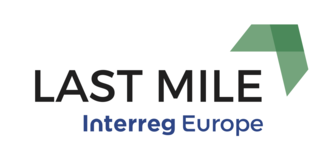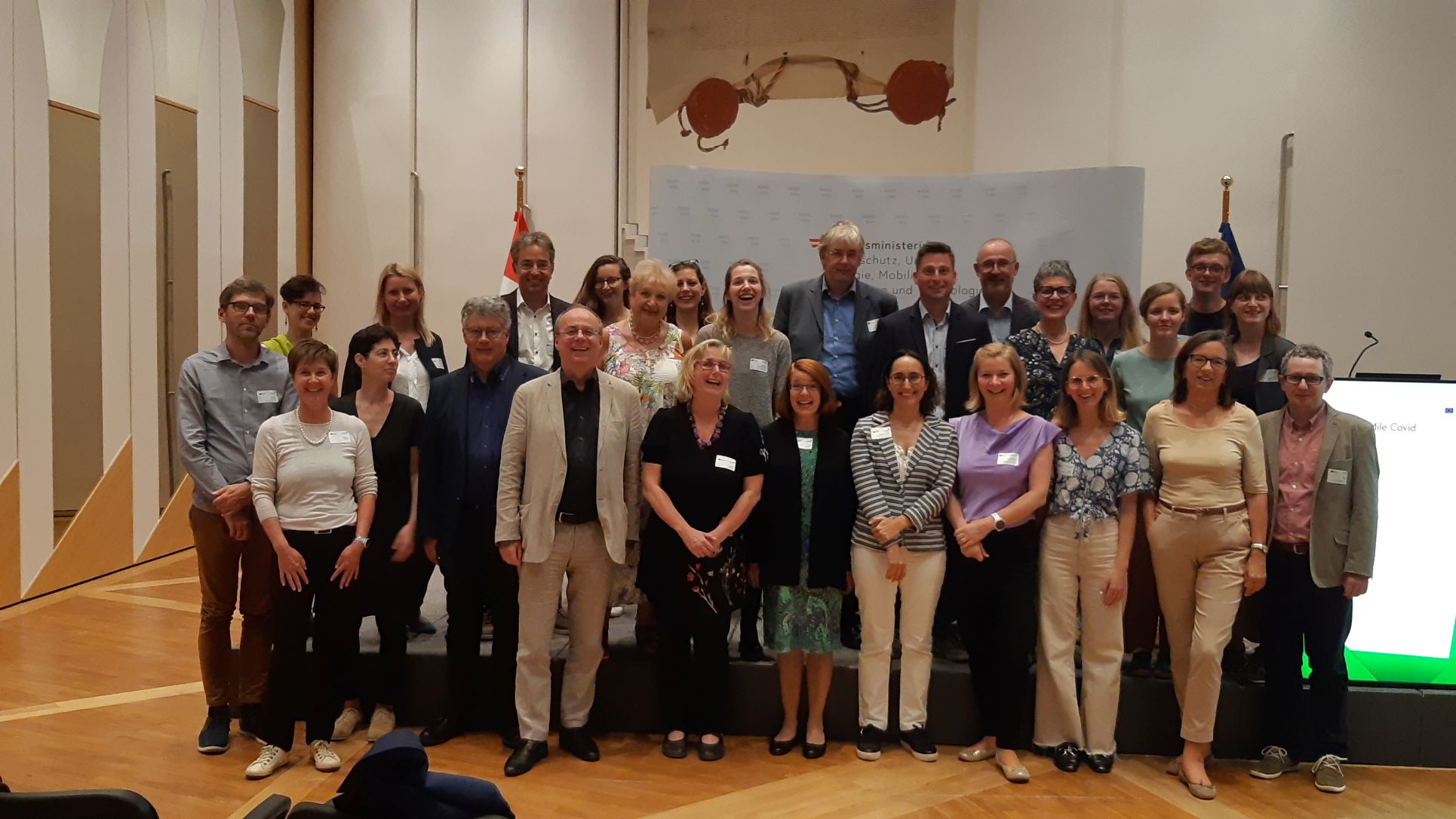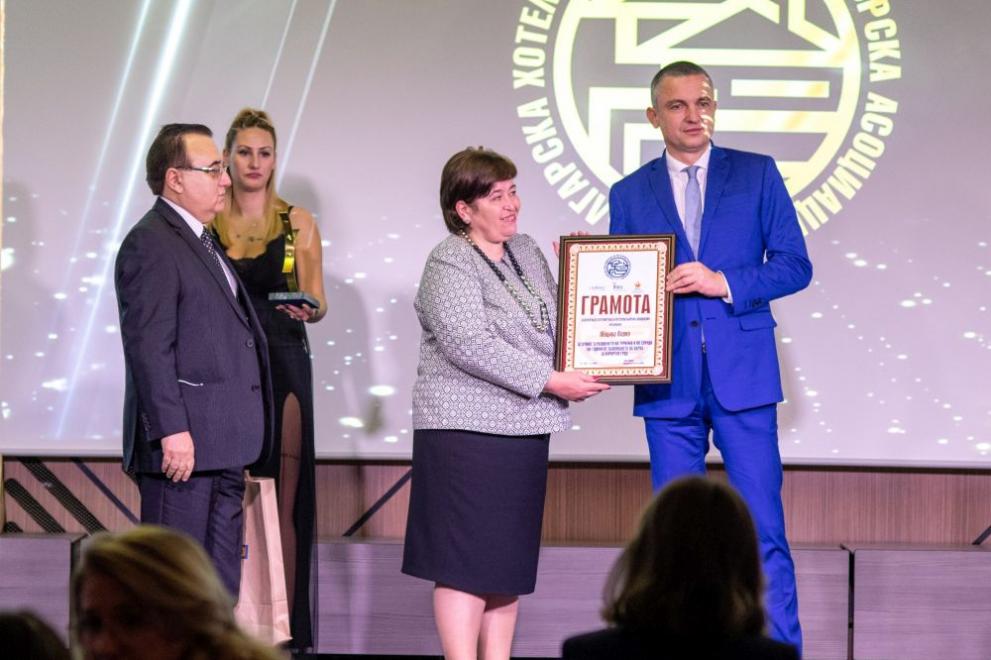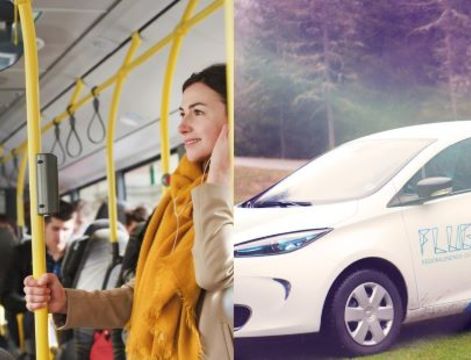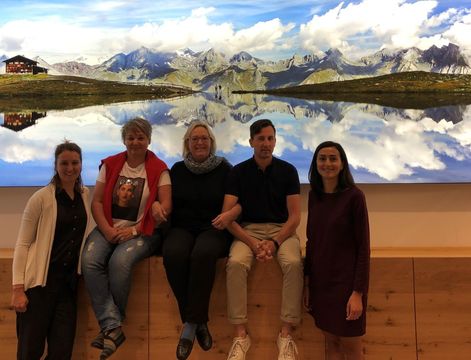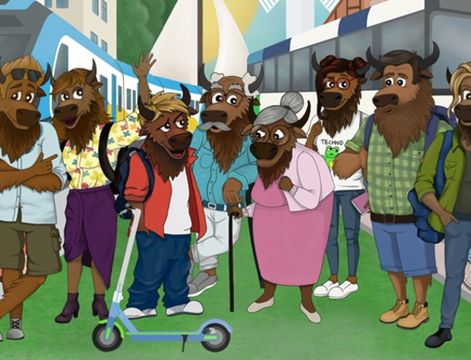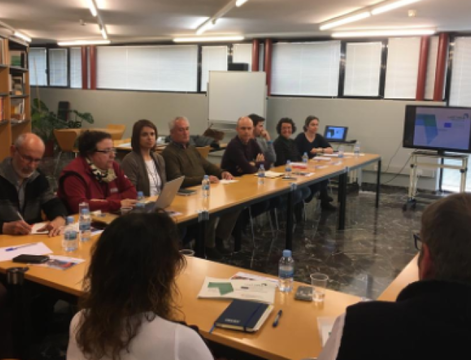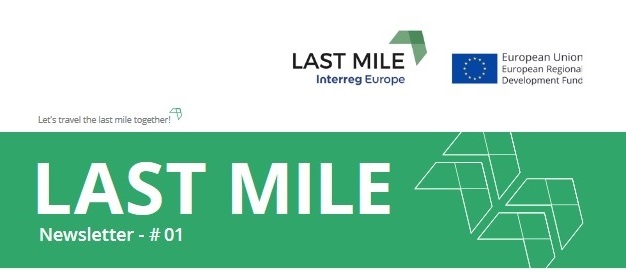The LAST MILE project seeks to catapult policy dialogue processes about the facilitation of flexible mobility services in the participating regions and provide policy recommendations for a broader European audience. The policy exchange meetings hence are an inherent part of the project. The Agency for the Support of Regional Development Košice invited all. LAST MILE Project partners and members of their local stakeholder groups to the 6th project meeting on 4-7 June 2018 in Košice and the Slovak Paradise National Park.
Now in the last half year of the exchange phase, the development of regional action plans is in full swing. During the partner meeting every partner presented a draft action plan to the partners. Meanwhile most of the presented actions are quite different, some actions show strong analogies to visited good practices. In Catalonia they foresee to implement some carsharing offers in the High Pyrenees, like the FLUGS-system visited in East Tyrol. The partner from Westpomeranian Voivodeship want to create a board game, like in the presentation of David Everad from mobility central in Luxembourg. The hosts of this study visit have been inspired by the fast seasonal bus line in Varna, which leads to similar bus line in the National Park “Slovak Paradise”.
The Agency for the Support of Regional Development Košice lays the focus in their regional action plan on the mobility in the “Slovak Paradise” National park. Participants of the 6th project meeting were confronted with some of the main conflicts concerning mobility in this touristic region. As an example serves the Kopanecka road, which connects the north and the south part of the National Park with each other. Currently the road is in reconstruction, because tourists entering the Park in the north should easily reach the South with their cars. From the viewpoint of the LAST MILE project the road should be closed for individual transport and a high-performance offer of public transport or flexible transport services should be established to reach every part of the National Park and thereby make the individual use of cars unnecessary.
Another important task during the partner meeting was the discussion about the policy recommandations, which should be one outcome of the LAST MILE project. After this long exchange process and the studies realized in every region to detect framework conditions and barriers a main concern of the partners is to circulate the elaborated policy recommendations among relevant stakeholders. To do so it is important to have a high quality document to spread on the concerned platforms.
Stay informed about the News of the project via the LAST MILE project website www.interregeurope.eu/lastmile. The synopsis of the evaluation of good practices, the overall synthesis and the brochure including the main findings of the 1st phase will be published soon.
